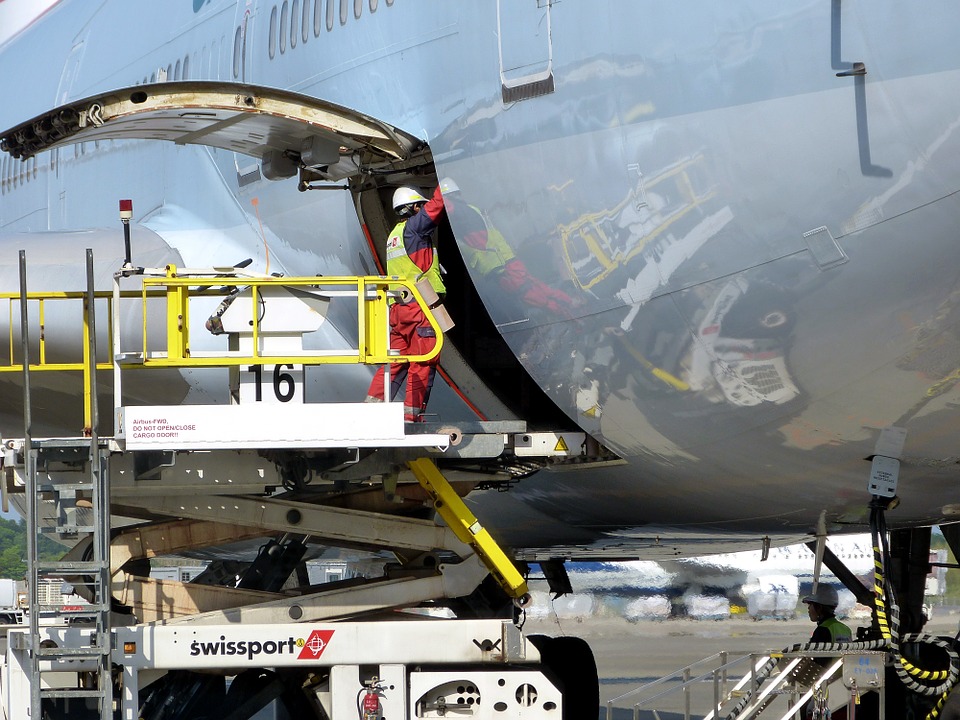IATA is signaling that global cargo revenue is forecast to rise more than 5% year-over-year to $116 billion in 2019, driven in part by a continued robust (albeit slower) global economic outlook as well as the recent substantial fall in oil prices.
According to IATA chief economist Brian Pearce, speaking at IATA’s Global Media Day cargo session on Dec. 13, cargo volumes are forecast to grow 3.7% in 2019, a little slower than 2018 considering trade pressures but still positive.
“We expect expansion to continue in 2019,” Pearce said.
The cargo business, IATA said, has made a large contribution to airline revenues in the past three years, helping to offset falling base fares. “Next year we estimate that cargo revenues of over $116 billion will represent more than 13% of airline revenues,” Pearce said.
In the last year, airlines have added over 1,300 new city pair connections, bringing the total to more than 21,000 connections, an increase of available lanes—along which trade, global supply chains and air cargo flow—that have more than doubled in the past 20 years.
“Shipping goods by air has also got[ten] a lot cheaper in real terms. Per ton kilometer flown, air cargo user costs, compared to other prices in the economy, have fallen around a half in the past 20 years,” Pearce said. “That growth and contribution to economic development is expected to more than double within the next 20 years, according to the forecasts of Boeing and Airbus.”
Nonetheless, an increased resistance to globalization has settled in since the global financial crisis (GFC), threatening trade growth.
“Since the GFC, world trade has slowed to grow no faster than GDP. This has been associated with an on-shoring of production and assembly, with businesses moving facilities closer to home markets,” Pearce said. “This has been driven by a combination of soft protectionism, rising labor costs and technology [and it] is looking permanent, implying continued relatively slow growth in world trade.”
“Brexit is a reflection of the changes that have taken place in attitudes to open borders since the GFC,” he said.
Trade wars, however, could have a bigger impact, though IATA said most of the tariffs imposed so far have had a relatively marginal effect on goods transported by air. IATA cited estimates by economists at Citi that if the US raised tariffs to 25%, global GDP growth would be reduced by 0.3%, and if tariffs on all trade between the US and China worsened, that reduction could be 0.5%.
“[This would be] seriously damaging to GDP and therefore on air cargo, but [tariff wars] will not on their own stop growth,” IATA said…



